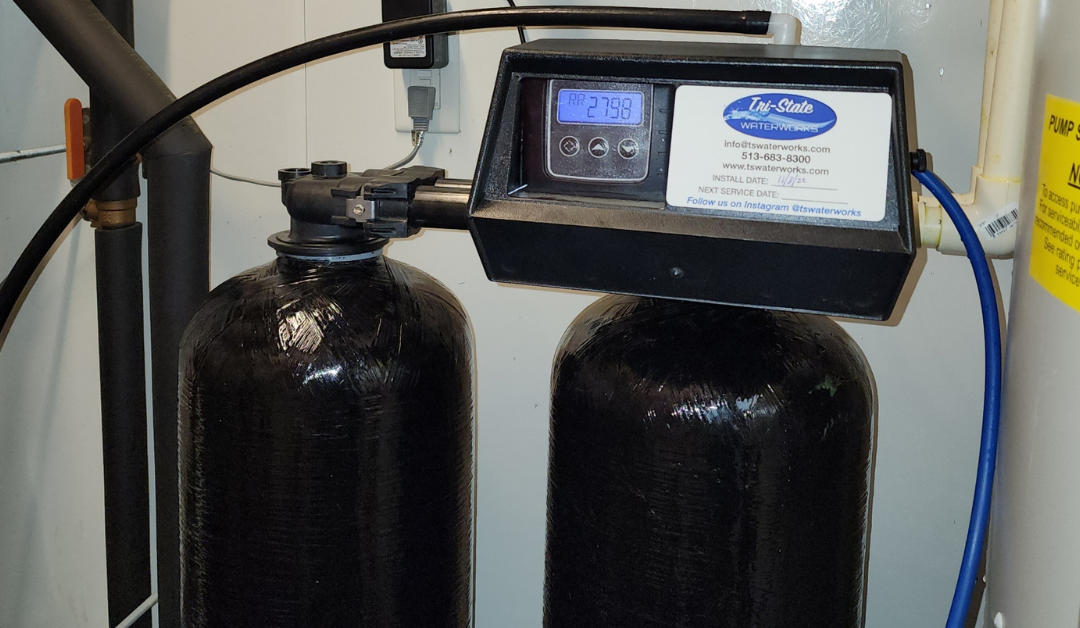Water is essential to our daily lives, not just for drinking but for washing, cooking, and cleaning as well. However, not all water is created equal. Hard water, which contains high levels of minerals like calcium and magnesium, can cause various problems in your home, from limescale buildup on appliances to dry skin and hair. This is where water softeners come into play — they can mitigate these issues by removing the excess minerals from your water supply. But is investing in a water softener a smart financial move? Let’s break down the costs and benefits to determine if it’s worth it for your home.
Initial Investment
The first cost to consider when thinking about a water softener is the initial investment, which includes the purchase price and installation fees. Water softeners vary widely in price depending on the type, brand, capacity, and features. On average, you can expect to pay between $500 to $2,500 for a unit. Installation costs can range from $150 to $600 if you hire a professional, though these prices may vary based on your location and the complexity of the install.
Types of Water Softeners
Ion Exchange Softeners
Generally the most common and affordable type, these use salt to replace hard water minerals with sodium ions.
Salt-Free Softeners
These systems neutralize minerals rather than removing them, avoiding the need for salt, but they might be less effective and more expensive.
Magnetic or Electronic Softeners
These are less traditional options that use magnetic or electronic fields to change the properties of minerals so they don’t stick to surfaces. The jury is still out on their effectiveness.
Operating Costs
Once installed, your water softener will incur ongoing operating costs. These include:
Salt
If you have a salt-based system, you’ll need to buy salt regularly. Expect to use about one bag per month, which typically costs around $5 to $10 per bag.
Water
Softeners use water to regenerate the resin beads that do the softening. This can increase your water bill, depending on the frequency of regeneration cycles.
Maintenance
While minimal, any equipment requires maintenance, and water softeners are no exception. You might spend anywhere from $100 to $300 annually for professional checkups and part replacements.
Savings and Benefits
While the upfront and ongoing costs might seem steep, it’s important to weigh them against the potential savings and benefits.
Appliance Longevity
Hard water can significantly shorten the lifespan of appliances by clogging them with limescale. A water softener can prolong the life of your water-using appliances which could save you money on replacements in the long run.
Energy Efficiency
Appliances like water heaters work more efficiently with soft water, which means lower energy bills.
Cleaning Costs
You’ll use less detergent and soap with soft water, as it lathers more readily and rinses away cleaner than hard water. You also save time and money on descaling products and effort.
Plumbing Health
Over time, hard water can corrode pipes and reduce water flow, leading to costly repairs. Soft water helps maintain healthier plumbing systems.
Long-Term Financial Impact
To truly understand whether a water softener is a smart investment, you must look at the long-term financial impact. Homeowners often recoup their investment over several years through the cumulative savings on energy, detergents, appliance replacement, and plumbing repairs. The actual timeframe for seeing a return on your investment will vary, but many find that within 3 to 5 years, the savings begin to outweigh the costs.
Quality of Life Considerations
Apart from the financial aspect, there’s also the quality of life improvements to consider. Soft water can alleviate skin and hair problems associated with hard water, and it leaves dishes and clothing cleaner and spot-free. These intangible benefits might tip the scales for some homeowners when deciding on the value of a water softener.
Determining if a water softener is a wise financial investment for your home depends on several factors: your area’s water hardness, the size of your household, your water usage habits, and the types of appliances you own. It’s essential to calculate both the direct costs and the indirect savings over time. While the initial outlay might seem significant, the potential savings and increased comfort could make a water softener a shrewd investment for the future of your home.
If you’re considering a water softener, start by having your water tested, and then run the numbers specific to your situation. Compare different models and types, and don’t hesitate to consult with professionals who can offer insights into the best options for your area and needs. With careful consideration and planning, a water softener could prove to be a beneficial addition to your home, providing financial savings and improved quality of life for years to come. Schedule an appointment with our team today for your water softener installation!

